News
Avurudu shopping woes: Soaring prices pose major barrier at food markets
View(s):- Ways and Means Committee highlights obscene profits food importers make; but merchants dispute its findings
By Kasun Warakapitiya
The usual hustle and bustle of markets, busy streets, and crowded supermarkets associated with the National New Year were absent, despite Avurudu being just a few days away, coinciding with the Ramadan festival.
Traders said the moderate crowd seen at the markets was more interested in buying clothing for the festivals than food items and household goods.
They said they believed the high prices of Avurudu-related goods and household items were keeping shoppers away.
G. Gunasiri, an employee of a small supermarket in Wattala, said they still keep hoping for a rush of customers a day or two before the New Year after working people get their festival advances or bonus payments.
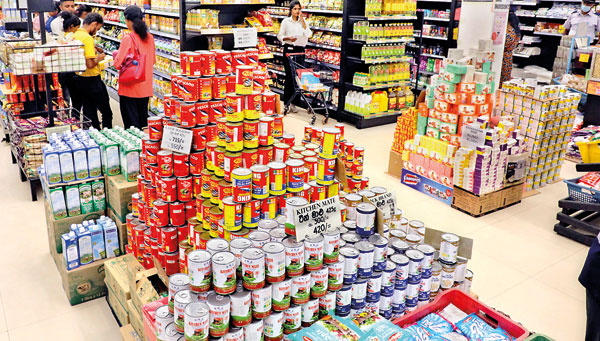
The buzz of festive shopping not seen at supermarkets yet. Pix by M.A. Pushpa Kumara
He said the decline in people’s purchasing power has a serious impact on their businesses.
Dreaming of a customer rush, Mr. Gunasiri said, “When customers arrive a day before the New Year, we will have a tough time handling the counters, with some employees taking leave to go to villages to be with their families for the New Year.”
Kiribathgoda supermarket owner Dasitha Walgamage said that as they have developed their business over the years, they have seen a growth in customers, yet overall, compared to previous years, they are witnessing a decrease in customer arrivals and sales during the current festive season.
“Most people buy only the necessary items,” he said.

Dasitha Walgamage
When asked what he thought were the reasons for the high prices, Mr. Walgamage said he was unable to comment as supermarkets sell mostly items sent by importers and big-time traders.
He explained that for some time, his establishment has not been receiving local big onions; however, the imported onions and potatoes from India and Pakistan are available but of low quality.
While customers grapple with high prices, the Parliamentary Committee on Ways and Means revealed this week that traders were making obscene profits of up to Rs. 1000 per kilo from certain imported essential food items.
Committee Chairman Paali Champika Ranawaka made this shocking revelation in Parliament on April 2, 2024. This was after the committee discussed the discrepancy between the market prices of essential food items and import prices.
Mr. Ranawaka told the Sunday Times that the committee has decided to publish the import prices of essential goods such as big onions, potatoes, and sprats when exiting ports, the prices at the Pettah market, and in economic centres weekly, giving people an insight into the prices.
He pointed out that the Consumer Affairs Authority (CAA) should investigate whether importers, middlemen, or wholesale and retail merchants were making huge profits.
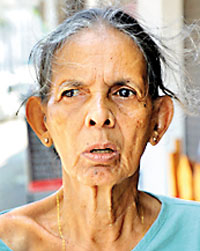
Chandra Manampitiya
He said that the authority should carry out a cost analysis and learn about the situation.
He said the committee report reveals that some traders are resorting to undervaluation of their goods, causing Customs to lose revenue while foreign currency payments are being made through unofficial channels such as Undiyal (an illegal money-transferring system).
Meanwhile, a senior CAA official who requested anonymity disputed the committee report’s claim that as much as Rs. 80 billion in profit was made by big onion importers alone.
He claimed that imported big onion prices increased with demand as there was a shortage of locally grown onions during the past few weeks, and at the same time, India and Pakistan stopped exporting onions.
The senior official added that to overcome the shortage and enable people to buy onions at affordable prices, they were being imported from China and Turkey.
CAA’s Information Director, Asela Bandra, said plans were underway to issue the indicative price for the imported food items weekly and issue media releases to create awareness among consumers and merchants. He added that their objective is to keep the prices of imported items within the indicative range.
He said that with the rupee appreciating against the dollar, a reduction in the prices of imported essential items was expected.
Meanwhile, importers who also requested anonymity said that they cannot make large profits from perishable food imports. They also claimed that the statistics used to explain the disparity between imports and market prices were wrong. He claimed that green gram cannot be imported, as the ban imposed by then-President Gotabaya Rajapaksa in 2019 has not been lifted.

Gihan Yasappriya
However, people blamed the CAA for not taking action to check the price increase of essential items such as onions, potatoes, and sprats.
Pointing out that there is price manipulation, A. Mohammed, a wholesale salesman at Kotahena, said importers keep the onions they import at their houses, release a few consignments at a time, and fix prices according to their whims when the demand is high.
M.D. Silva, a merchant from Kiribathgoda, rejected claims they make huge profits from imported Indian and Pakistani big onions, which are sold at Rs 700 and Rs 650, respectively.
“With the taxes, the prices of onions are already high when reaching wholesale stores; we get a kilo of onion for Rs 580 and 600; we fix the price considering wastage and a profit margin of 20 rupees, yet very few consumers buy onions at high prices,” he said.
Gihan Yasappriya (40), who works at a private printing press, stated that prohibitive prices of essential goods were making it difficult for him to buy them in large quantities, as his salary has not increased compared to the spike in the cost of living.
“The parliament committee reveals that the importers have earned high profits and evaded taxes; why can’t the government take action against corruption and ease the living-cost burden on people?” he asked.
Chandra Manampitiya (73) said the cost of living going up was not unusual, but the present food price hikes were largely due to a lack of regulation.
The government needed to set up mechanisms to prevent people from being misled and manipulated by merchants and importers, she said.
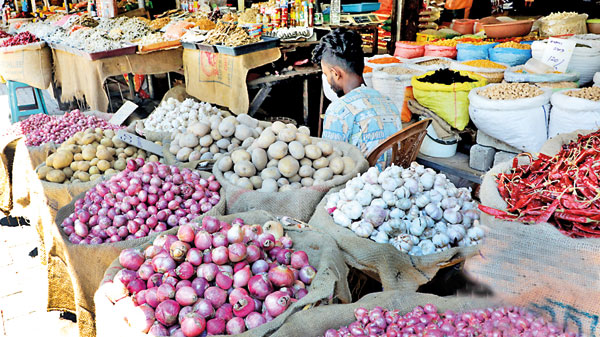
Most people buy only essentials, say traders
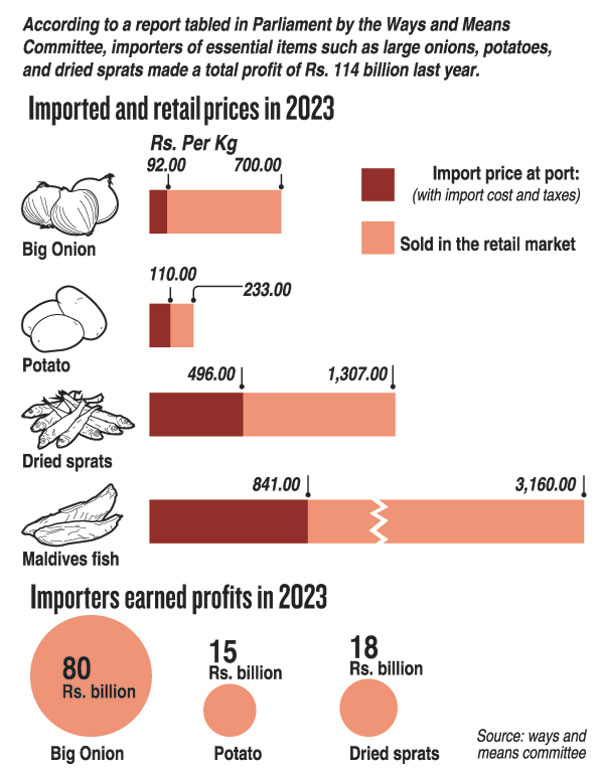
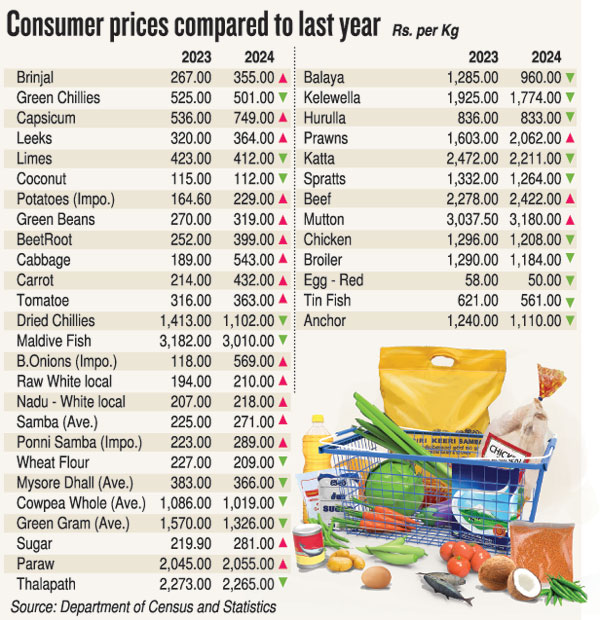
The best way to say that you found the home of your dreams is by finding it on Hitad.lk. We have listings for apartments for sale or rent in Sri Lanka, no matter what locale you're looking for! Whether you live in Colombo, Galle, Kandy, Matara, Jaffna and more - we've got them all!

